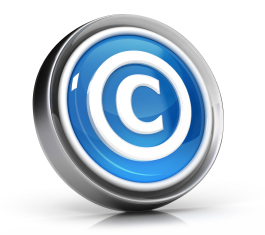
What is a Copyright?
Copyrights - how long they take, how long they last, legal costs, appealing them and more.
Copyright is a form of intellectual property protection for original works of authorship fixed in a tangible medium of expression, covering both published and unpublished works. Copyrights protect original works of authorship including poetry, novels, movies, songs, computer software, and architecture, but do not protect facts, ideas, systems, or methods of operation, although it may protect the way these things are expressed.
It is possible for the Register of Copyrights to decide that a certain material is not fit for copyright. If this happens, the applicant will be refused registration and alerted of the reasons for the rejection. People whose attempts at registration are denied may wish to appeal the decision. The initial appeal is made to the Examining Division. If another appeal is necessary, it goes before a group of advisors, made up of the Register of Copyrights, the General Counsel, and the Chief of the Examining division. Requests must be in writing, be received by the Copyright Office before three months from the date of refusal, show good reason why registration should be approved, and contain payment for the associated fees. The fee for the first request is $250 and $500 for the second request.
Since 1978, works have been automatically protected by copyright from the time of their construction. They are usually valid for the duration of the author’s life and 70 years after the author’s death. If a work is composed by multiple authors, the duration is extended to 70 years after the death of the last-living author. If a work is commissioned, the time period lasts for 95 years from the date of publication or 120 years from the date of creation, depending upon which option is shorter.
